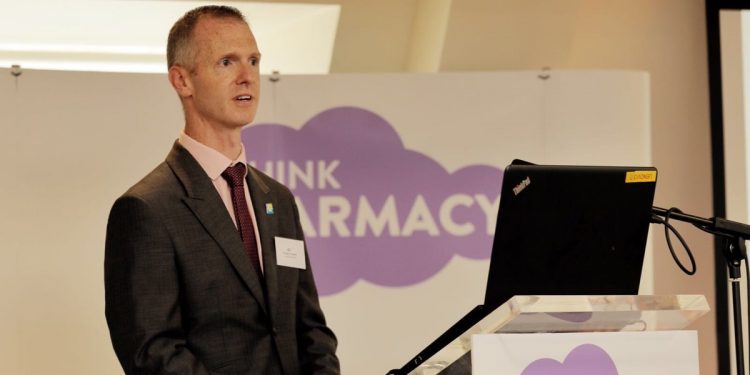The Government’s failure to deliver on its promise to expand the role of community pharmacies has the potential to undermine their future, according to the Irish Pharmacy Union (IPU). Commenting on the release of a major piece of new research today, the IPU has said if the Government does not follow through with its commitments it will have serious implications for the public in the medium term, as community pharmacies will face an uphill battle to attract newly qualified pharmacists.
Perspectives of Community Pharmacy, a major study investigating attitudes on becoming and remaining community pharmacists, was undertaken by Behaviour & Attitudes on behalf of the IPU. The study found that Irish pharmacists regard helping patients and the public as the most satisfying part of their job. However, too much red tape and a lack of progress towards evolution of the pharmacist role was the biggest drawback to attracting graduates to community pharmacy and retaining pharmacists in their current roles. 98% of pharmacists stated they spend too much time on paperwork, while 87% feel the profession’s role needs to be broadened.
Speaking about the results, IPU President Daragh Connolly said, “With 81% of adults in Ireland visiting a community pharmacy at least once a month, this is the most accessed part of our health system. There are currently over 2,200 pharmacists working in community pharmacy supporting over 78 million patient interactions each year. Ensuring we have a continuing supply of newly qualified and enthusiastic pharmacists entering the profession is essential to continue to serve the needs of the Irish public. It is extremely worryingly, therefore, that just a third of all pharmacists say they would recommend community pharmacy to a student today.
“Many perceive that the pharmacist career is failing to evolve in Ireland in contrast to other countries, such as the UK where pharmacists are permitted to provide a much wider range of healthcare services, including a Minor Ailment Scheme and a New Medicine Service. In recent years, we have made numerous submissions to the Department of Health with a view to providing more services to patients and have failed to gain meaningful engagement or progress.
“We are now beyond frustrated at the apathetic approach to community pharmacies being exhibited by the Government, combining underfunding and a lack of imagination. The approach is completely at odds with the stated objective of community based primary care services. We have issued dozens of submissions and run numerous pilot studies in recent years but, in return, we receive no progress or updates.
“If we do not allow young pharmacists to properly use their extensive knowledge and skills to better serve the public and patients’ needs, we will struggle to entice new recruits. This could have severe impacts on the future of pharmacy services and primary healthcare in Ireland. Unfortunately, that does not seem to concern the policymakers.”
Mr Connolly lamented that, despite producing some of the most qualified pharmacists in the world, our system is content to consign them to a career of administration, meaningless paperwork and excessive bureaucracy. He concluded by calling on the Government to seize the opportunity to enhance primary care that community pharmacies provide and for the Regulators to assess the level of bureaucracy foisted on community pharmacists. Doing so, he said, will help patients and also demonstrate a commitment to would-be community pharmacists that their role is one that does matter and is a key cog in the healthcare chain.










